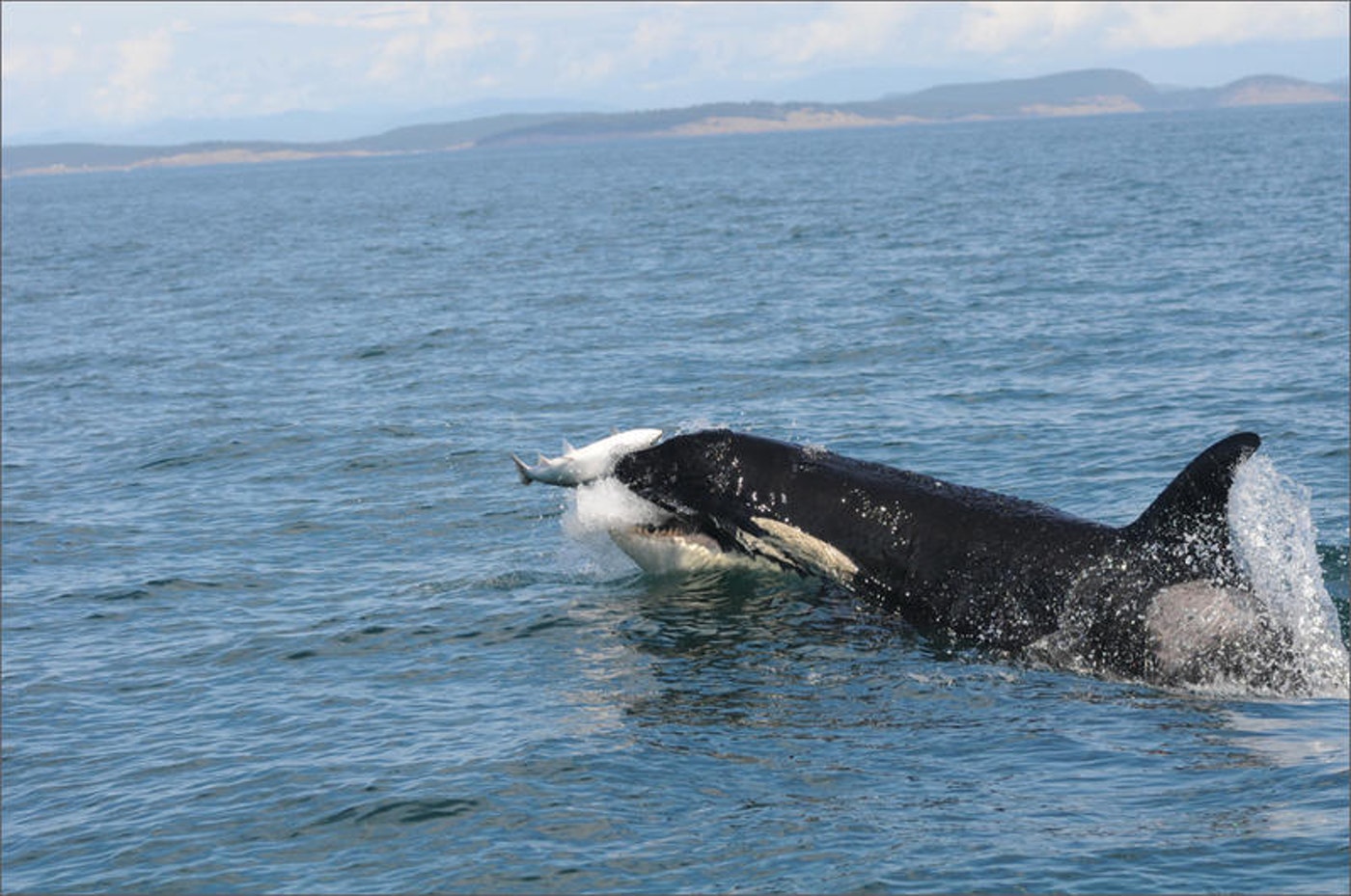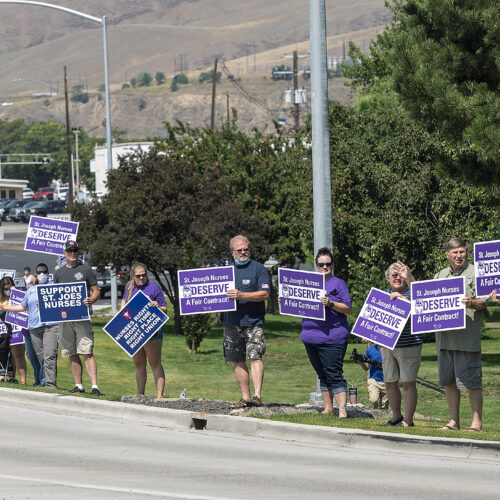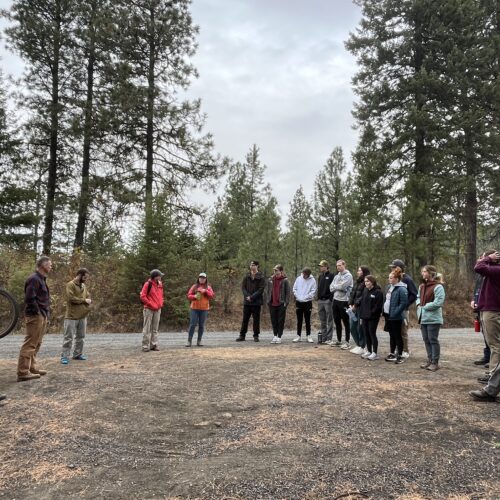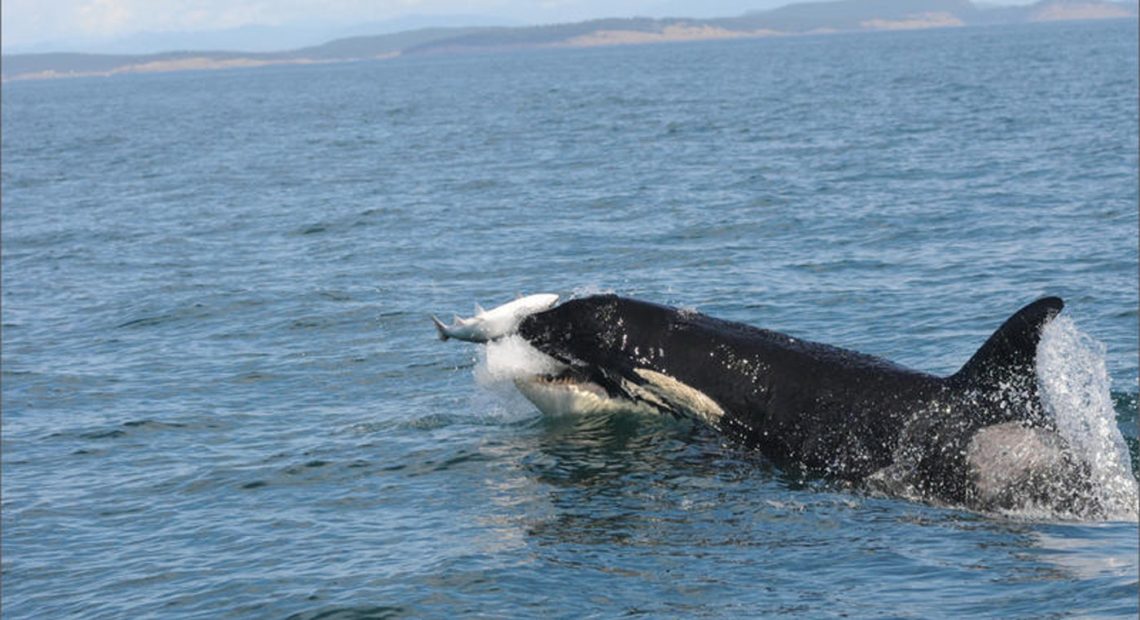
Canadian Judge Halts Tar Sands Pipeline, Citing Impacts To Puget Sound Orcas
Listen
A Canadian federal judge has halted construction of a pipeline that would have sent more oil tankers through Washington waters.
Environmentalists and tribes on both sides of the border have been fighting Kinder Morgan’s Trans Mountain pipeline expansion for years. The judge’s decision marks a major victory for both.
Judge Eleanor Dawson said Canadian regulators committed a critical error when they chose to ignore the impacts of all the extra oil tanker traffic when they approved this project. By failing to do so, Dawson added that regulators didn’t consider impacts on Southern resident killer whales.
They also failed to ‘meaningfully engage’ with the tribes along the pipeline route, the judge said.
The pipeline expansion would triple the current pipeline’s capacity, helping tar sands oil from Alberta reach export markets.
“We are reviewing the decision with the Government of Canada and are taking the appropriate time to assess next steps,” Kinder Morgan president Ian Anderson said in a statement. “We remain committed to building this Project in consideration of communities and the environment, with meaningful consultation with Indigenous Peoples and for the benefit of Canadians.”
Now, the pipeline expansion is in legal limbo until the Canadian government addresses those problems.
Copyright 2018 KUOW
Related Stories:
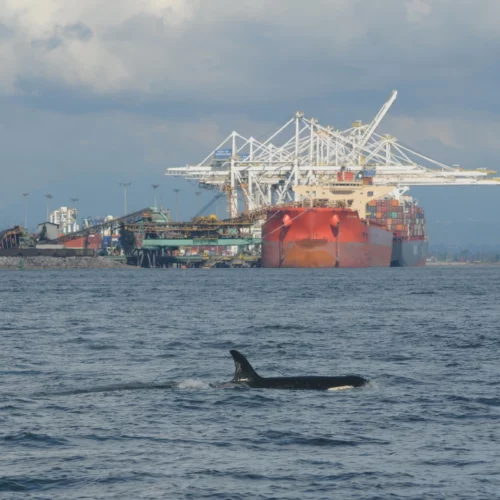
Captains of big ships eased up on the throttle during trial slowdown to help endangered orcas
The majority of captains of big commercial ships entering and leaving Puget Sound are cooperating with a request to slow down temporarily to reduce underwater noise impacts to the Pacific Northwest’s critically endangered killer whales. The duration of the experimental slowdown – modeled on a similar project in British Columbia – will be extended into the new year, organizers announced after a status report and celebration on the Seattle waterfront Friday.
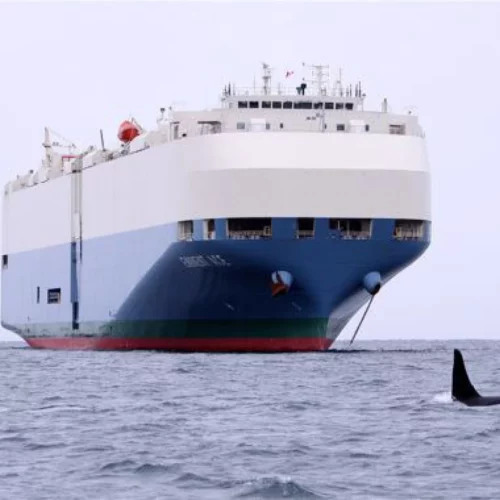
Reducing collisions between ships and whales? There’s apps for that, but they need work
Fortunately, it doesn’t happen very often in the Pacific Northwest that ships collide with whales. But when it does, it’s upsetting, tragic and the whale probably dies. Three separate teams have developed smartphone-based systems that can alert commercial mariners to watch out, slow down or change course when whales have been sighted nearby. A recent ride-along on a big container ship demonstrated that real-time whale alerts are still a work in progress.
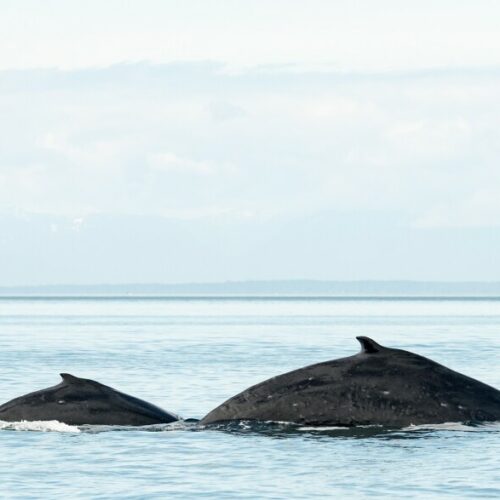
Record Numbers Of Bigg’s Killer Whale Sightings And Humpback Calves In Salish Sea
Whale watchers have spotted a record number of humpback calves in inland Pacific Northwest waters this season. There was also a record streak of Bigg’s killer whale sightings that just ended, according to a local whale research nonprofit. Those observations offer some good news to offset the ongoing concern about the survival of the Northwest’s iconic, but critically endangered resident orcas.

